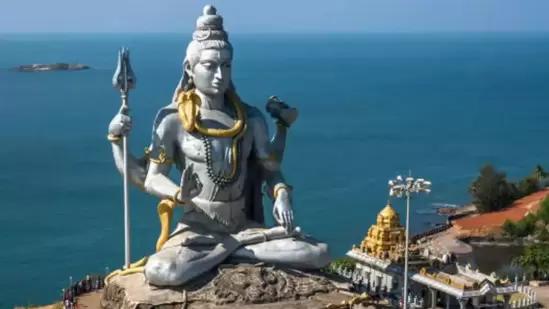Maha Shivratri 2025: Rituals and fasting do's and don'ts to keep in mind
The ultimate guide to see through your fast and prayers for Maha Shivratri 2025, seamlessly
The religious and spiritual significance of Maha Shivratri is rooted both in the themes of holy union and creation. Observed on the fourteenth day of the first half of the lunar month of Phalguna as per the Hindu calendar, the divine occasion not only marks the wedding anniversary of Lord Shiva and Goddess Parvati but also signifies Mahadev's performance of the Tandav, believed to be the source of the cycle of creation, preservation and dissolution.

Fasting, followed by pooja make up for a typical observance of the occasion of Maha Shivratri. Now given the bourgeoning spiritual significance of the day, there are some do's and don'ts that one must keep in mind when it comes to observing a fast and partaking in all the rituals that the shubh muhurat entails. Follow this guide then, to see through a seamless observance of your devotion to Lord Shiva.
The Do's
Seeing as the fast must be observed through the entire duration of the Maha Shivratri tithi, those observing must only eat once, on Trayodashi (which is the day before Maha Shivratri). Start the day of Maha Shivratri, by taking a Sankalp (a vow) to observe the fast with due diligence. The fast can either be Nirjala (without water) or phalahar-specific (with fruits and milk) — for those eatting sattvic food, in addition to fruits and milk, consuming root vegetable preparations is acceptable. Chanting 'Om Namah Shivaay' through the duration of the day will bring blessings to all observing the occasion with reverence. Shiv Puja is always performed during the night, but be sure to do so before the Chaturthi tithi ends. For your reference, the tithi has begun at 11:08 AM today, February 26, and is set to conclude at 8:54 AM tomorrow, February 27. As far as the day's proceedings go, definitely try to visit a Shiv mandir and perform Abhishekam with milk, honey, water, and bel leaves.
The Don'ts
For those observing a fast, onion, garlic and all types of non-vegetarian foods are to be avoided. Grains and pulses are also a complete no-no. Try your very best to not sleep at night — instead partake in prayers, meditation and bhajans. For those who have taken a Sankalp to see through the fast, don't break it at the wrong time — follow the Purana Muhurat. Also be mindful to not consume anything you have offered to Lord Shiva. Additionally, be mindful of your tea and coffee intake as it may end up dehydrating you.
We hope your Maha Shivratri fast turns a success.






